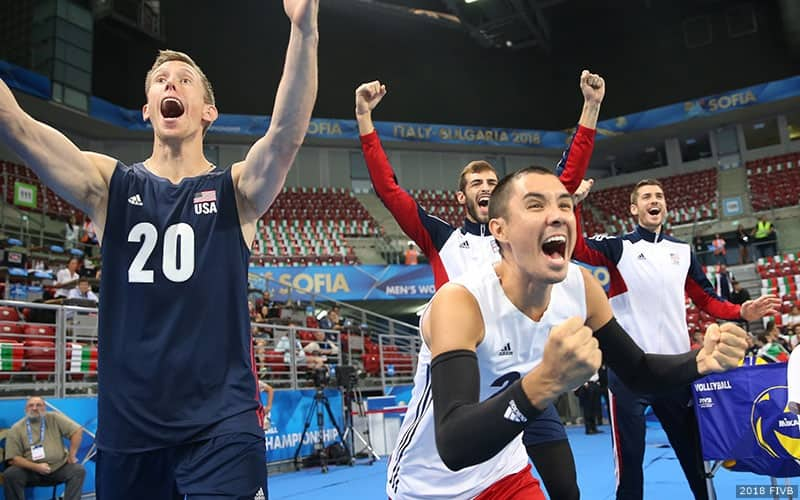
One of the ways that athletes work through stressful situations is through self-talk.
Self-talk is pervasive in all areas of life, not just in athletics. We mutter under our breath that the cabbie just cut us off. We psych ourselves up to ask out the cute guy/girl in math class. We curse ourselves for missing a serve at match point. ―Stupid, stupid, stupid!‖ You can hear yourself, yelling at yourself, after setting the ball too tight and having your OH1 glare at you as they get clamped.
We all talk to ourselves on a daily basis, but how much of this self-talk is ever scrutinized? Self-talk has been shown to be both divisive as well as productive in helping and hurting athletes fight through challenges.
Possible self-talk/thinking errors can be: focusing on the past or the future, focusing on outcome, focusing on weaknesses, focusing on fatigue or focusing on negative conditions or distractions. All of these have one self-talk error in common: focusing on uncontrollable factors!
Affirmations
Task-specific self-talk for skill development and execution has been shown to be most effective in enhancing performance.
The most effective type of task-specific self-talk is referred to as affirmations. Affirmations are personal phrases repeated over and over to influence the subconscious mind to accept as true. Affirmations are phrased in the present tense, are simple, active, emotive and productive. Over time, affirmations create an attitude such as ―I love hitting difficult sets! Affirmations can create and put athletes in a possibility environment.
Here are some general sport-related affirmations:
- I am confident in my ability
- I have the skills needed to perform well
- I can stay focused under pressure
- I can perform well in tough competitions
- I feel mentally strong, I can stay positive throughout competition
- I like the challenge of competition
As an athlete when my back was against the wall and I was pushed to my absolute maximum, I always found strength and confidence in reminding myself that I liked the challenge of competition. That is why I chose to play top-level volleyball.
Here are some examples of personal sport-achievement affirmations:
- I am a good forearm passer
- I can receive the serve well with my hands
- I play tough defense
- I am a good hitter and have a variety of shots
- I have a strong serve that I can place where I want.
One step further are specific personal sport-achievement affirmations:
- I hit .333 against NYU
- I blocked well against Juniata
- I played good defense against Springfield
- I hit well (15 kills) and played incredible defense (34) digs against East Stroudsburg
- I was unstoppable against New Paltz (24 kills)
The key to building strength through affirmations and self-talk is to express your confidence.
To generate a strong sense of self-belief, an athlete cannot worry about feeling arrogant or big-headed. We are all taught to be polite and humble when asked to speak about our athletic abilities to reporters or newspapers. However, ask any Olympic or NCAA champion privately who the best is and they will no doubt tell you that they are.
To be the best you can be, you must believe you are the best. There is no shame in being arrogant inside one’s own head. In fact, it is a critical element to achieving success.
Positive affirmations can be a healthy component of confident self-talk that can assist athletes in an extremely powerful mental outlook on competition. Stay productive, focus on what you can control, and remind yourself that ―you can do it!
